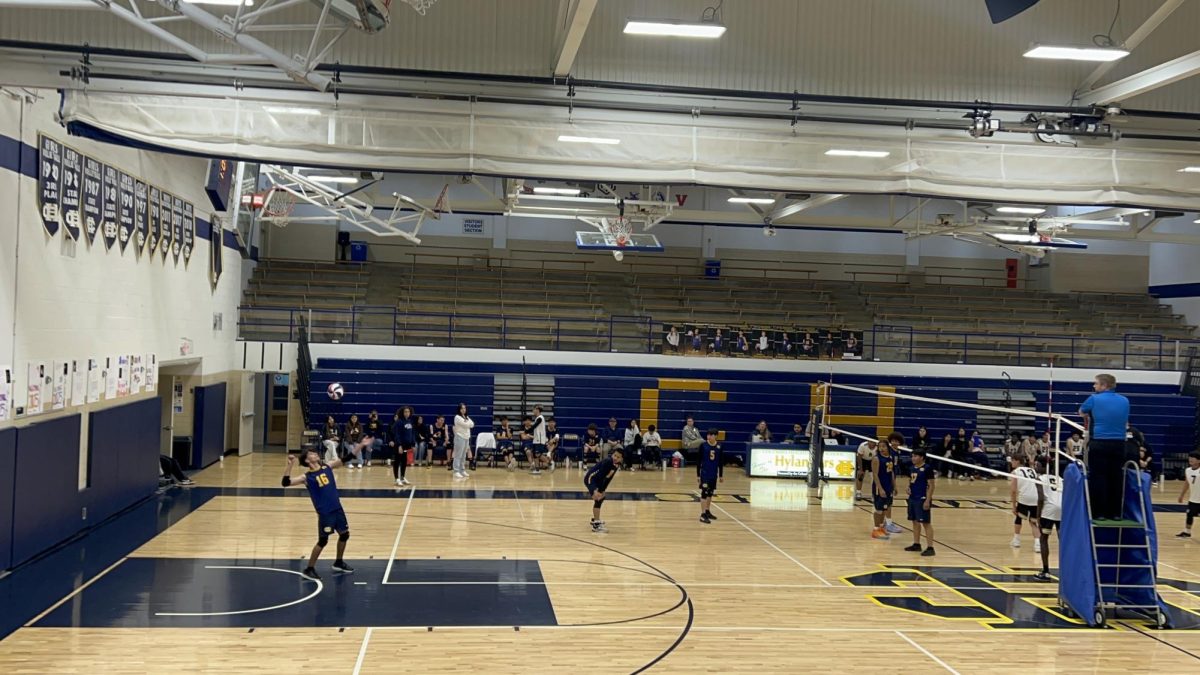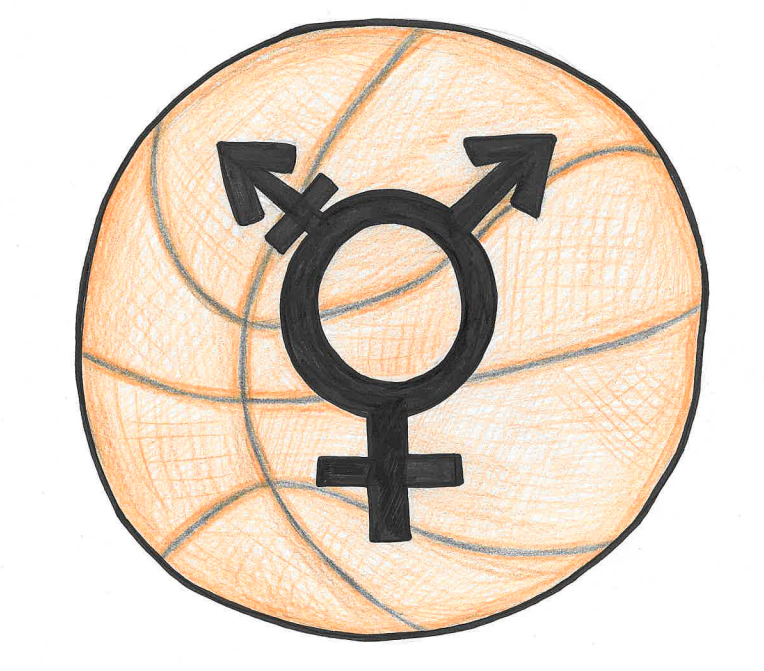The controversy over trans female athletes participating in the women’s category has been rising. One of the most prominent cases is Lia Thomas, the first out trans female swimmer who won the NCAA Division national championship. Born biologically male, Thomas identifies as a woman. The term “gender identity” was introduced by American psychiatry professor Dr. Robert Stoller in 1968 and popularized by New Zealand-American psychologist and sexologist John Money after that, and rights for transgender people have increased monumentally in the intervening years, from state laws allowing for gender changes on birth certificates o federal protections from discrimination. Many Olympic sports are segregated between men and women, to ‘make the sport competitive and separate the natural biological differences between the two’.
The allies argue that trans women are women, and should compete against other women. Everyone has advantages in sports regardless of sex, and sports should accommodate them to make them feel comfortable.
“I think [athletes] should be able to play the sport they identify in to make them feel more comfortable,” Kenndra Johnson (11) said. “It’s important to make sure the player feels secure with themselves, not allowing them to affect their ability to play well.”Many feel as though making the player feel most comfortable is what’s important, and because there is such a small amount of trans athletes, compromising in their favor shouldn’t cause any harm.
“Trans women should be able to play in the category they feel most comfortable in,” Jake Henderson, the CHPS Activities Director said. “The main focus in our community is to be an inclusive environment. Trans women playing in the women’s category shouldn’t be our main focus in sports, rather making sure we’re working towards an environment where everyone feels comfortable.”
Some fans and professionals are skeptical, however, about how far hormone therapy can take the male body.
“Athletes should play in the sex they’re born in,” Jamir Richmond (12) said. “There are biological differences that would impact how one plays, therefore affecting the entire team.”
One of the main differences between men and women we see is arguably the ability to bulk up and have more strength than women, as men are usually bigger in physical size. A man will typically gain more upper body strength than a woman physically could. One point of concern is the distinction in the human body’s capabilities during adolescence vs. adulthood.
“I think it is different from high school to professional or Olympic-level sports,” English teacher Ms. Jacquelene Bayless said. “At the professional or Olympic level, I don’t think [athletes] should be able to play sports outside of their biological [sex]. But, I also admit that I haven’t done a lot of research on this topic and, perhaps, with more research and information, my opinion might change.”
The women’s category in nearly every professional sport isn’t given the same attention as the men’s in the mainstream media, and many women believe that allowing a biological man to participate in a women’s sport takes away from the little opportunity that women do have in sports. Some may even support trans women’s civil rights and gender expression but believe allowing them to compete in women’s sports gives them an unfair advantage.
A final note is that the controversy is surrounding trans women athletes fighting to play in women’s categories, not the other way around. There are little to no high-profile trans male athletes attempting to compete in men’s sports. Naysayers believe it could be because they know they don’t have an advantage the way that critics believe trans women do in women’s sports.
Opposed to that assumption, many argue that trans women who have been on hormones long enough shouldn’t be excluded, suggesting that trans women have no perceived biological advantage as they produce the same levels of estrogen that over time break down any testosterone their body may still produce.
On that note, many people — fans, athletes, coaches and beyond — are still conflicted on whether or not trans women have an advantage in women’s sports., and it only time will tell whose side history decides to take.









